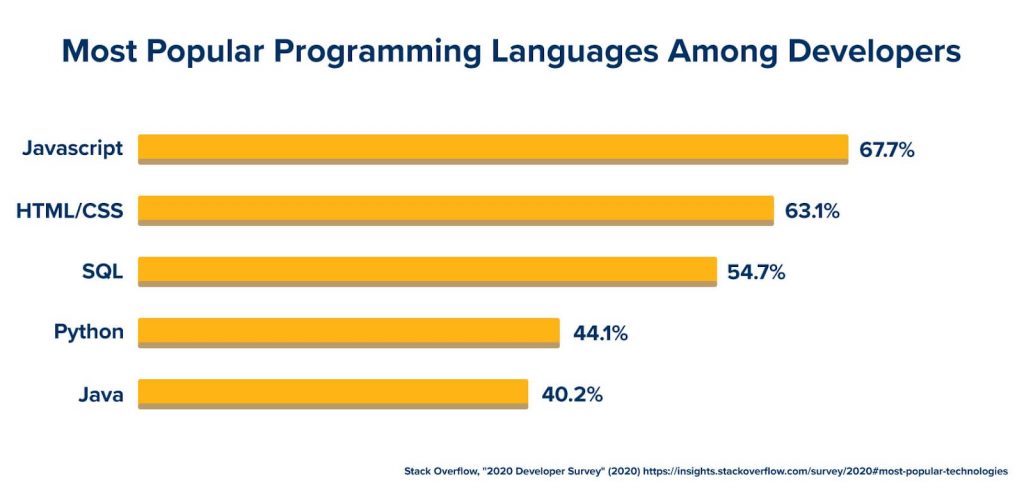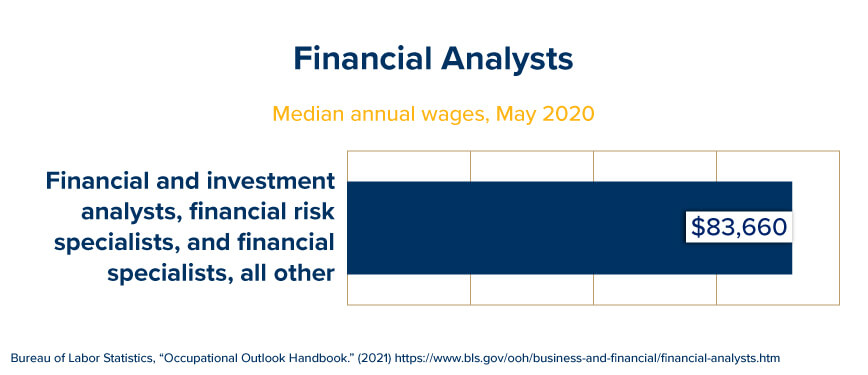Python is an important programming language that’s used in crucial fields like computer science, engineering and science. This versatile, general-purpose language also yields many benefits in the finance industry as well. However, the language’s vast array of applications can make it challenging to find finance-specific learning resources.
To help address this issue, the following guide will help explain Python, exploring its uses in finance and several effective ways to learn the language in this context. These learning opportunities mainly apply to those wanting to enter finance without previous experience — or existing professionals working in the field who want to build their skillset. What’s more, this article will help you decide on the next steps for learning Python for finance, allowing you to build valuable career-related skills and help you achieve your goals.
Why is Learning Python Essential for Finance?
Finance has always been a data-driven field, making it a natural fit for Python. As a data-driven programming language, Python gives professionals the ability to create custom data-processing applications using machine learning, data structures and more.
Python is a great choice for finance professionals across the industry and there are several reasons why the language is consistently regarded as a go-to resource — among them:
- 1. Python is Relatively Easy to Learn
Python is generally considered beginner-friendly compared to more complex programming languages. Its code reads similarly to English and can be understood without a deep knowledge of computer science terminology.
- 2. Simple, Flexible and Powerful
Python is easy to write and deploy, making it a great fit for handling complicated financial services programs. The language’s simple syntax makes it easy to deploy changes quickly, boosting development speed and helping organizations build software quickly.
- 3. Libraries and Tools
Python is widely used across many industries and there are many tools and libraries available for free. This saves time and money, as organizations don’t have to build bespoke tools from scratch. There are also many libraries available, allowing organizations to use finance-specific libraries to augment their productivity. The Python community is large and there are many tools available. To get an idea of scale — PyPI is a repository of software with more than 300,000 projects listed. Python’s wide range of software allows the language to be configured to your specific needs.
- 4. Python is Free and Open Source
It is relatively easy to get started with Python as it’s operated under a free, open-source software license. This means anyone can download it and begin writing code. This is part of the reason why Python has a massive community of developers, users and professionals that use the language frequently.
 Live Chat
Live Chat


